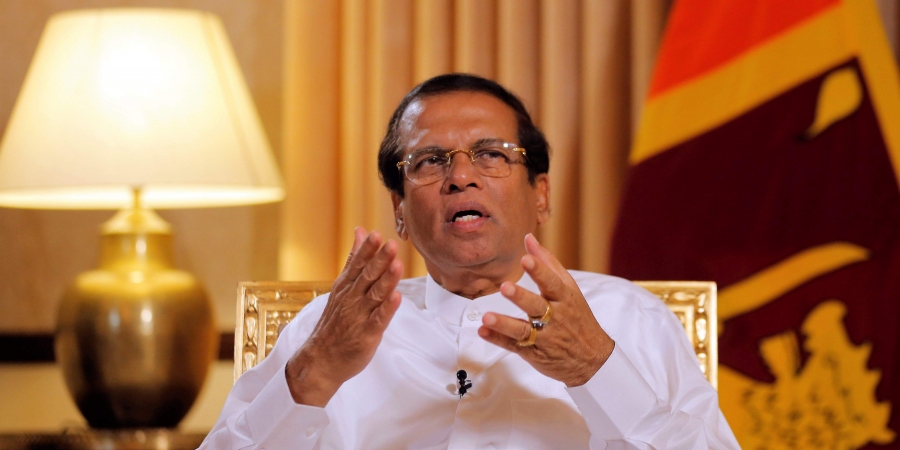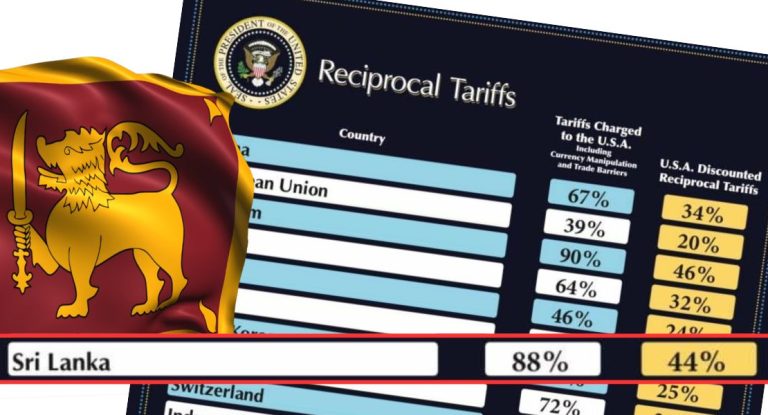During a recent legal proceeding, former President Maithripala Sirisena faced serious allegations related to the accumulation of significant wealth during his time in office. Counsel Sanjeewa Jayawardena, representing the petitioners in 11 Fundamental Rights (FR) petitions associated with the Easter Sunday attack, presented these accusations in the Supreme Court.
The wealth report indicated that Sirisena allegedly acquired ten properties under Swarna Bhoomi deeds, with five of these properties including residential houses. The counsel pointed out that the former President owned five other properties. These acquisitions were made after he assumed the presidency, raising concerns about potential corruption and misuse of power.
Counsel Jayawardena called for a thorough investigation to determine whether these property acquisitions involved corrupt activities. He questioned how a single individual could accumulate such a significant number of properties while holding the highest office in the country.
The court session was overseen by a panel of judges, including Chief Justice Jayantha Jayasuriya, Judge Murdu Fernando, Judge S. Thurairajah, Judge A.H.M.D. Nawaz, Judge Kumuduni Wickramasinghe, Judge Shirani Gunaratne, and Judge Achala Wengappuli. The judges examined the allegations and the extent to which the accused had complied with compensation orders related to the Easter Sunday attack. Former President Sirisena was ordered to pay damages worth Rs 100 million. He has already paid around half of the amount.
These allegations against Sirisena come at a time when Sri Lanka has introduced significant legal reforms aimed at addressing corruption and recovering stolen assets. These reforms are part of a broader effort to enhance transparency, strengthen governance, and restore public trust in the government.
The revelations have sparked significant concerns about potential misuse of power and underscore the urgent need for accountability among high-ranking officials. The ongoing investigations aim to address these issues and ensure justice is served, highlighting the critical need for transparency and ethical governance in Sri Lanka.
Ajith Parakum







